Our Veganuary checklist with shopping list and practical tips for your vegan start.
What are the benefits of a vegan diet?
If you want to switch to a vegan diet, you’ll avoid meat and animal products. The health benefits are enormous: vegans have
- lower blood glucose levels
- a higher insulin sensitivity
- a lower risk of developing type 2 diabetes
- fewer problems with cardiovascular diseases
- There are also studies that a vegan diet has positive effects in people with rheumatism
But the planet also benefits. A vegan diet is climate protection in action. In fact, it causes less CO2 emissions, consumes less drinking water.
The animals will also thank you. For a vegan diet, no animals have to die or suffer the living conditions of conventional agriculture.
What do you need to look out for in a vegan diet?
No diet is perfect and provides you with all the nutrients your body needs. Thus, even in the vegan diet, there are certain nutrients that are not included. You should therefore supplement from the beginning so that you don’t get into a deficiency.
Vitamin B12
This vitamin is naturally present in sufficient quantities only in meat and must therefore be supplemented.
Vitamin B12 contributes to a normal energy metabolism, is important for the function of the nervous system, positively influences your psyche, strengthens your immune system and is involved in the formation of red blood cells.
At Ogaenics, you can find organic vitamin B12 either as a high-dose single vitamin in Green Energy Plant-based Vitamin B12, as part of the complete organic vitamin B complex B-Happy, or in our complete premium organic multivitamins for men and women.
Everything else you should know about vitamin B12, you can read in our article.
Vitamin D
This vitamin is mainly produced by sunlight on the skin. It is important for the immune system, calcium metabolism and healthy cell division.
Especially in winter, vitamin D must be supplemented, e.g. with Hello Sunshine or Hello Sunshine plus K2, which each contain 2,000 I.U. of vitamin D3. Ogaenicsalso contains vitamin D3 in all organic multivitamins and in the Body Guard Immunity Complex.
You can find a guide with everything you need to know about vitamin D here.
Iodine
Iodine is important for the production of thyroid hormones, for normal cognitive function, a healthy metabolism, the normal function of the nervous system and for healthy skin.
As a vegan, you can cover your iodine needs with seaweed such as nori, wakame and sea lettuce (also available from Ogaenics as capsules in Help from Kelp) or with iodized table salt. But beware, freshwater algae like chlorella and spirulina or sea salt do not contain iodine.
You can read more about this often forgotten trace element and its fascinating function in your body in our iodine blog article.
How to get started on a vegan diet
1. check your food supplies
There are so many everyday foods that just happen to be vegan. If you look in your kitchen cupboard, you’re sure to discover some of them: Pasta, rice, canned tomatoes, chickpeas and kidney beans, jam and marmalade, coconut milk, curry pastes, tomato paste, many kinds of chips, crackers and cookies, herbs and spices, many sauces, tea, coffee and fruit juice, etc.
So there’s a great chance that half the foods you already like to eat are vegan!
2. shopping list to start
It’s best to prepare a few days before you start your vegan adventure. It is worth buying a selection of basic foods for a vegan diet:
Milk substitutes
- Plant milk (oat, soy, almond, rice, spelt, cashew, coconut, hazelnut milk)
- Vegetable butter (from soybean or sunflower oil)
- Vegetable yogurt (soy, coconut, and almond yogurt)
Proteins
- Tofu
- Seitan (as a meat substitute)
- Green peas (frozen, no can because of plastic bisphenol A)
- Beans (kidney beans, black beans, giant beans, azuki beans)
- Seeds (sunflower seeds, pumpkin seeds, sesame seeds, chia seeds, flax seeds)
- Nuts (walnuts, hazelnuts, almonds, cashews, Brazil nuts, pine nuts)
- Nut puree (peanut butter, almond puree, sunflower puree, cashew puree)
- lentils (red, brown, black lentils in dry form or canned)
Cereals and dry goods
- Brown rice/wild rice
- Bulgur and couscous
- Quinoa
- Oats and millet
- Whole wheat pasta and spelt pasta
- Wholemeal bread
- Polenta (corn semolina)
- Chickpea flour
For cooking
- Yeast flakes
- Vegetable broth
- Healthy oils (sunflower, coconut, rapeseed, olive, sesame, walnut, linseed oil)
For baking
- Maple syrup (substitute for honey and sugar)
Sauces
- Soy sauce
- Vegan mayonnaise (without egg)
- Mustard
Snacks
- Dried fruit
- Sesame crackers
- Hummus
- Granola bar
- Salt sticks
Some people also find it helpful to create a weekly meal plan. You can find many great templates for free download on the web.
If you are still unsure about which foods are really vegan when shopping, the app CodeCheck can be a good help. Se is free and can indicate whether a food is vegan or not by barcode scan.
Incidentally, “dairy-free” or “lactose-free” does not automatically mean “vegan” – in most cases, products with this label are unfortunately not vegan. In any case, you should check the list of ingredients critically.
3. “Veganize” your favorite dishes
If one of your favorite dishes is lasagna, for example, prepare a vegan version of it – with soy mince and plant milk for the bechamel sauce.
Whether it’s curries, casseroles, soups, stews, roasts, cakes or desserts, there’s a vegan version in almost every case.
Even an appetite for a simple sausage sandwich can be satisfied vegan – they are now also available for vegan diets in almost every supermarket.
4. try new recipes
Many people find that a purely plant-based, vegan diet opens up a whole new world of dishes and ingredients and rekindles their love of good food.
Once you’ve mastered the basics, try out some brand new recipes (you’ll find tons of them on the internet now). Culinary delights are waiting at every corner!
5. always think of vegan snacks
Vegan snacks are really easy to get and take in most places, but just not everywhere. It’s best to make sure you always have a bag of nuts, some fruit, or other vegan munchies with you just in case.
6. persevere
Not every vegan food product will appeal to you straight away, but just because the first cheese you try or the first café latte isn’t perfect doesn’t mean that other varieties won’t taste good either.
There are several all-vegetable cheeses to try, such as cream cheese, processed cheese, nut cheese, coconut cheese and soy cheese in different flavors as well as from different brands.
In terms of plant milks, there is a wide choice between oat, spelt, soy, almond, coconut, rice, hazelnut and cashew milks. Just try a few to find your favorites.
7. do not be too hard on yourself
Nobody is perfect! Whether you accidentally ate something non-vegan or simply gave in to temptation – that’s okay and doesn’t mean you’ve failed at vegan eating. Think of it as an experience on your way to a more conscious and mindful way of living!
Nutrients for a vegan diet
-
Bestseller
Mr Do-It-All 18+
Organic Multivitamin Complex Premium for men between 18 and 44, All-In-One79,90 €2.069,95 € / kg
-
Bestseller
Mrs Do-It-All 18+
Organic Multivitamin Complex Premium for women of fertile age, All-In-One!79,90 €2.302,59 € / kg




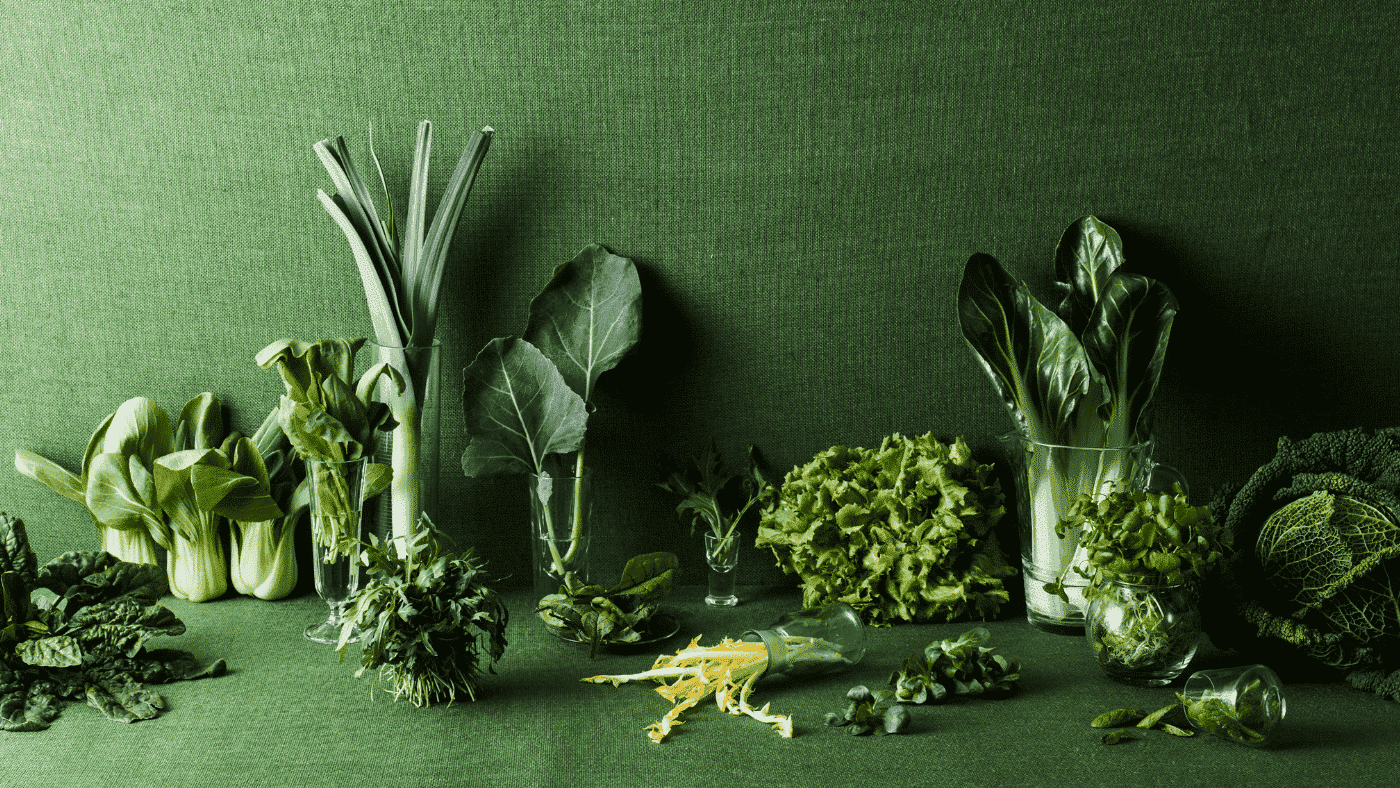
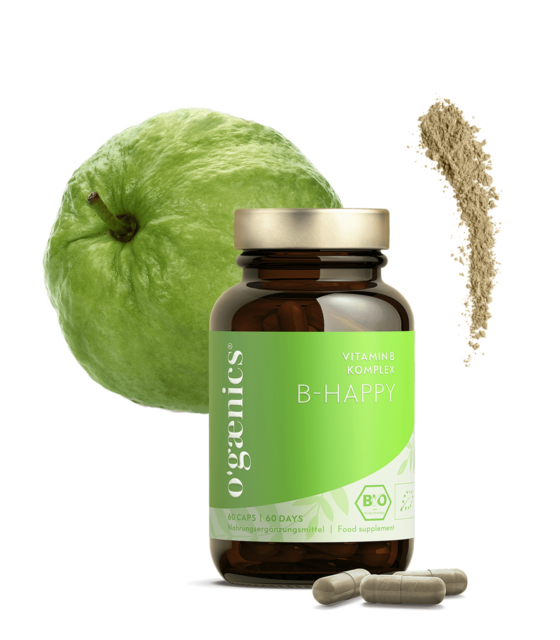
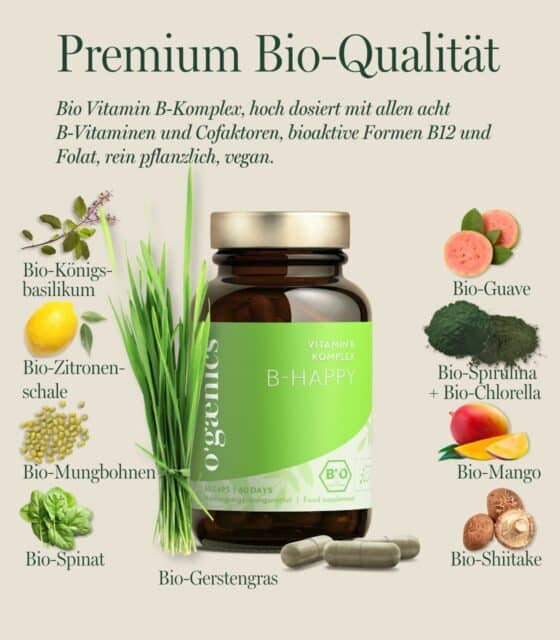


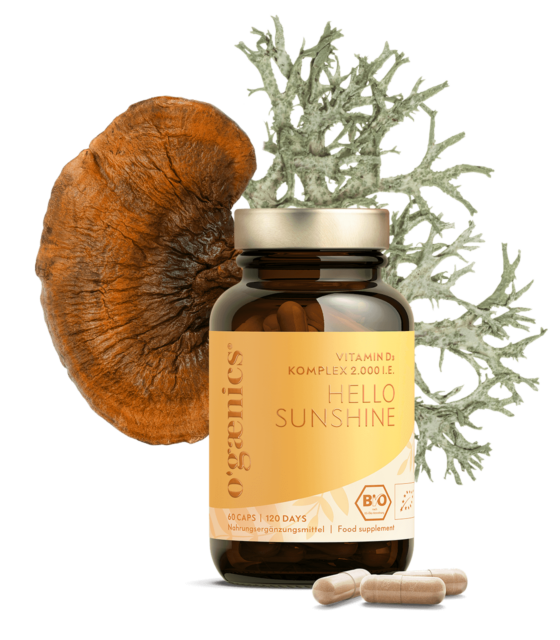

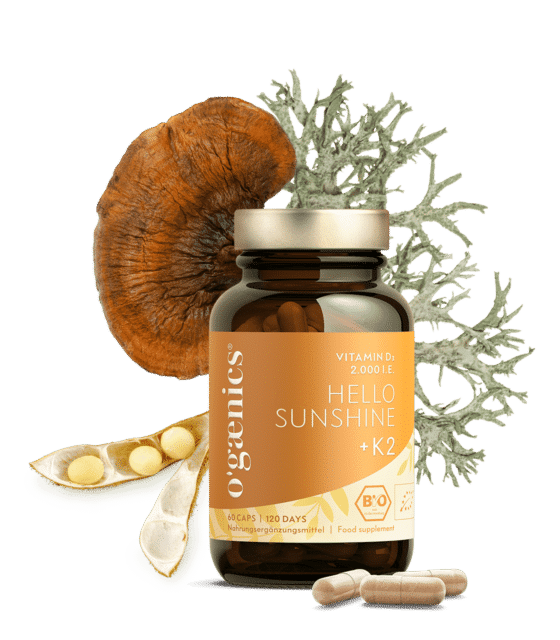




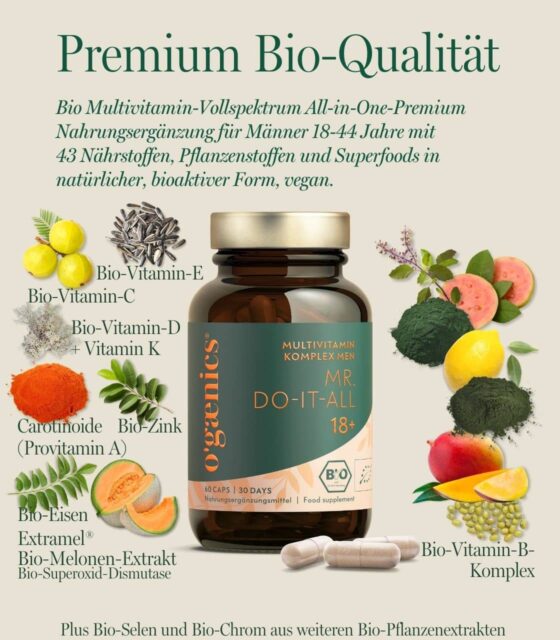
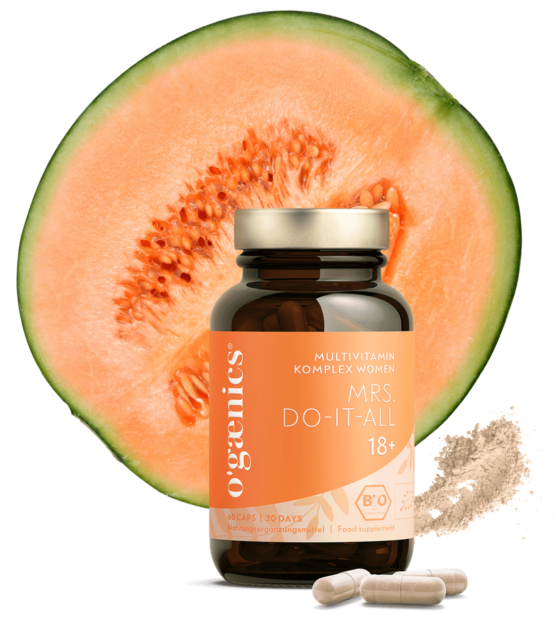
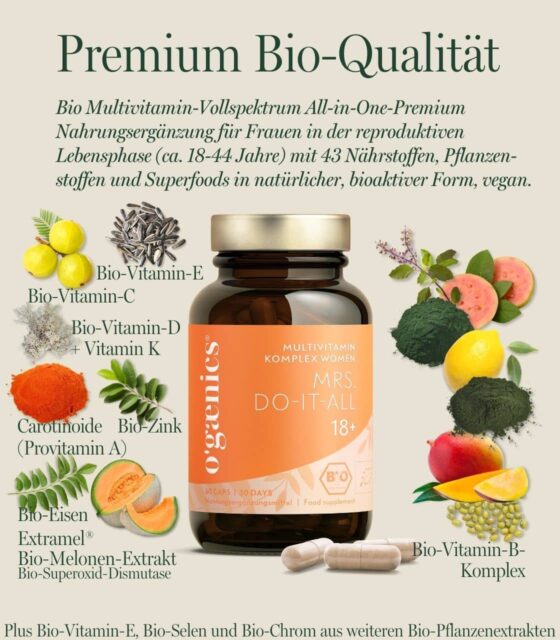
 No products in the cart.
No products in the cart.